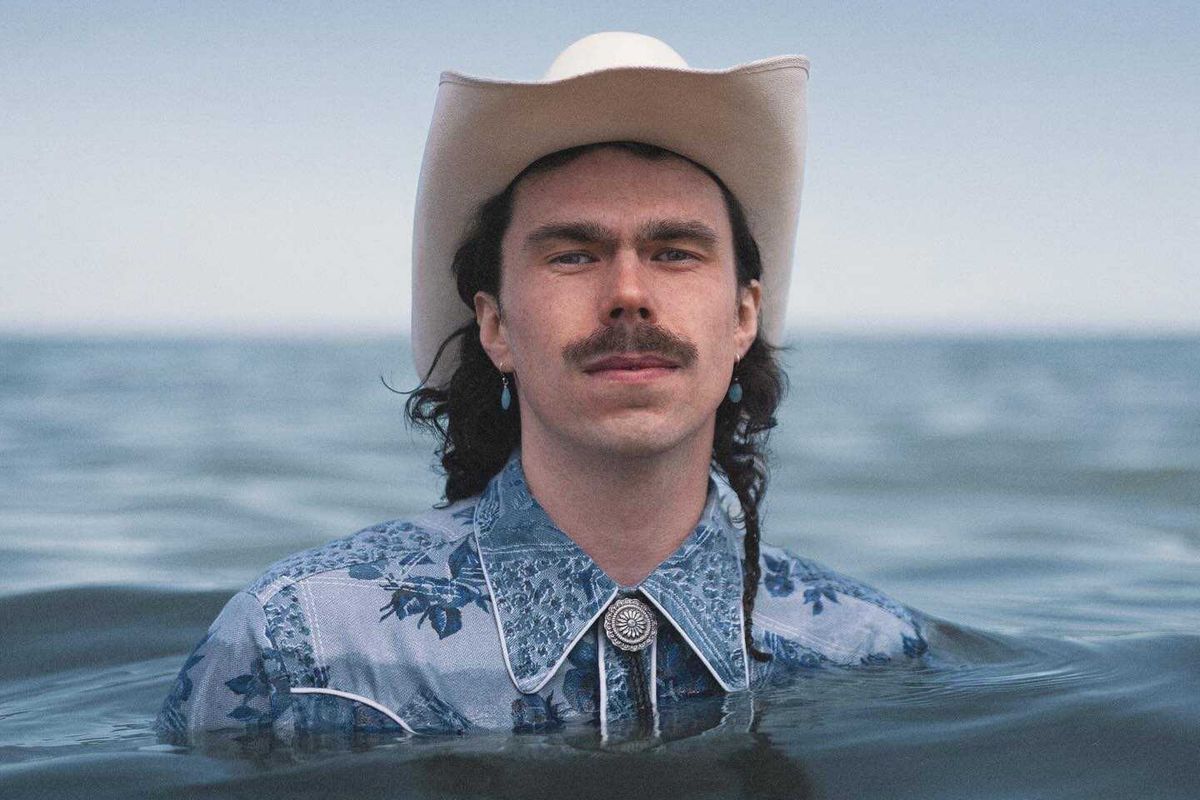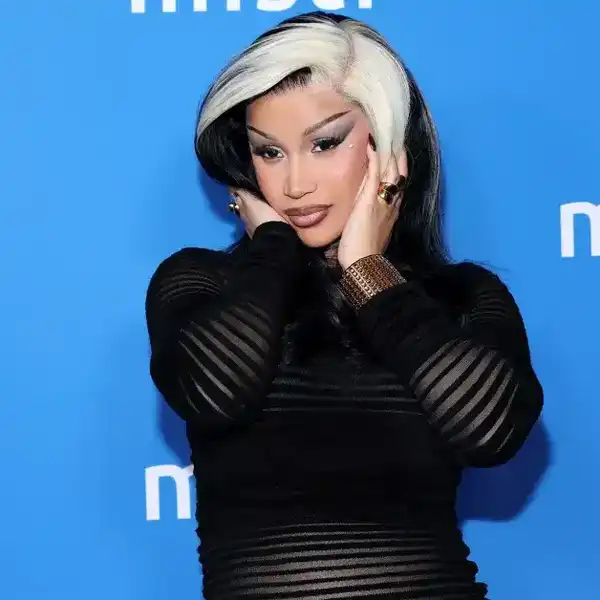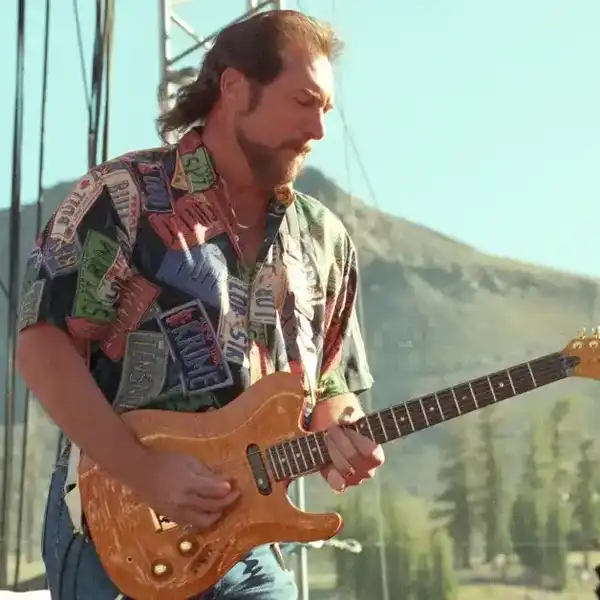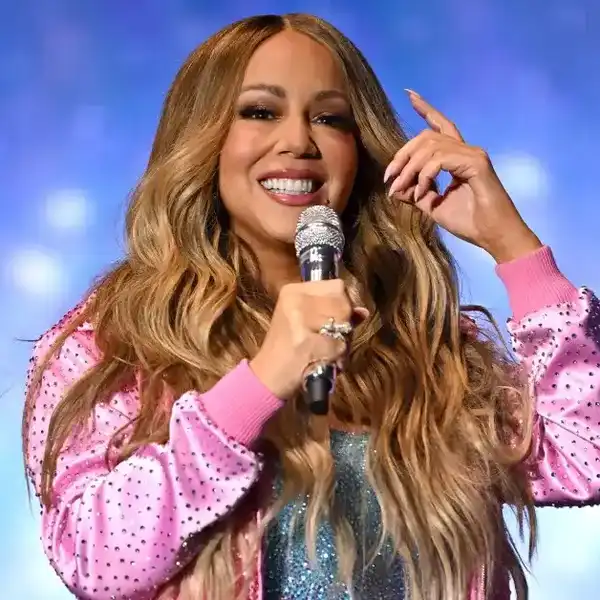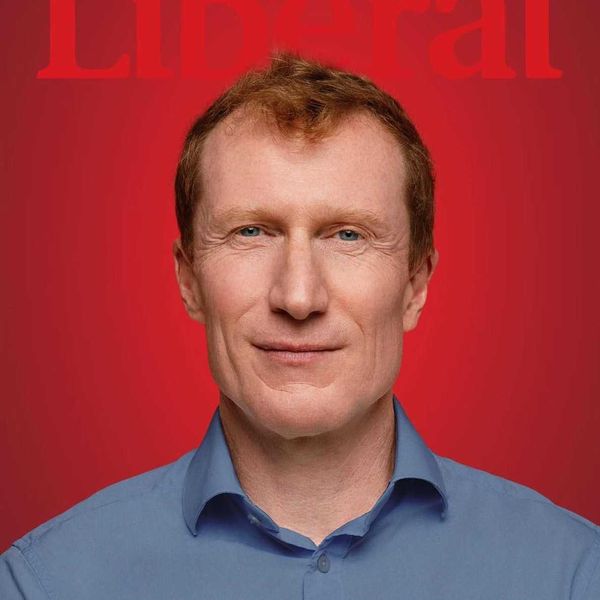
By David Farrell
Did media get it wrong in how it reported on Bryan Adams' tirade?
On Monday the Canadian pop star vented on social media: "Thanks to some bat eating, wet market animal selling, virus making greedy bastards, the whole world is now on hold., not to mention the thousands that have suffered or died from this virus.
“My message to them other than ‘thanks a fucking lot’ is go vegan.”
Adams was then criticized by Amy Go, president of the Chinese Canadian National Council for Social Justice.
"This is so irresponsible and just so, so, so, so racist," she told CBC News. "People look up to public figures. He is seen as an idol by many."
"Apologies to any and all that took offence to my posting,” he wrote in a post on Tuesday after a gathering storm of headlines and name-calling on social media. “No excuse, I just wanted to have a rant about the horrible animal cruelty in these wet-markets being the possible source of the virus, and promote veganism. I have love for all people and my thoughts are with everyone dealing with this pandemic around the world.”
Adams’ charitable acts and Samaritan activism have been well documented, but in an instant, the nettled singer was accused of implying something that is difficult to find a reference to in what he vented.
Like so many of us, Adams seems unsettled by the lockdown, in having to cancel shows, and by the social restrictions imposed on al of us.
Go has been a keen advocate for Canada’s Asian community that has seen an increase in prejudice since the pandemic, but her accusation that his comment was born of prejudice or embodied racism is questionable.His comment was perhaps taken out of context, and media latched on and have helped only to polarize opinion when context and examination of just what was said might have proven more useful.
The lesson to be learned here, as ever: Be careful of what you say on social media because it can come back and bite you in the arse.
Coalition decries Canada's 'piecemeal' response to Beijing-sponsored intimidation
A human rights coalition is calling on Canada to appoint a front-line contact for people and groups who are enduring harassment and intimidation as a result of their advocacy and activism on China.
The Canadian Coalition on Human Rights in China said in a report released Tuesday that activists in Canada are increasingly facing interference for raising awareness of serious rights issues in China. – The Canadian Press
Ottawa continues to dither on how to re-balance ad spends
Heritage Minister Steven Guilbeault says Australia and France have regulatory options that might be on the table in Canada. But he told the House of Commons industry committee Monday night that he is reviewing what is, or what might be needed. – Stephanie Levitz, The Canadian Press
Americans are savvier than the media think
Media pundits have gotten into a pattern: report on President Trump’s latest lunacy, focus on his true believers — including unmasked protesters — and conclude that Democratic governors are “in trouble” or “Trump is reinforcing his base.” It is a tired narrative that misses the big picture.
Poll after poll shows Trump’s shtick is not working beyond his narrow base, and his positions are wildly at odds with huge majorities of Americans. – Jennifer Rubin, The Washington Post
News Corp is like a political party with the Murdochs encouraging intolerance
News Corp operates like a political party, working closely with right-wing politicians to influence policy and elections and to destroy politicians who won’t agree to a partnership with the Murdochs, the former Australian prime minister Malcolm Turnbull writes in his new memoir, A Bigger Picture. – Amanda Meade, The Guardian
Western media show deaths only when in Africa
In the West, the story of the coronavirus deaths is being told largely through infographics and statistics rather than images. Unlike the victims of Ebola, the tragedies of coronavirus victims are demonstrated in numbers, not photographs. But if the epicentre of the pandemic were to shift to Africa, this is not likely to continue. And that could lead to a serious fallout as happened last year when the New York Times used graphic pictures in its coverage of the Dusit D2 attacks in Nairobi, Kenya. As Sarah Sentilles notes, the media's "practice of keeping some bodies protected from view while other bodies - be they victims of bombings or natural disasters or police violence - are visible everywhere" may reinforce racist and nationalist ideas that some deaths are more significant than others - "those visible dead do not belong to us". – Patrick Gathara, Al Jazeera
Kids bored from quarantine steal 46 cars as part of social media challenge
Nineteen children aged nine to 16 broke into dealerships in North Carolina and stole a total of 46 cars, according to the Charlotte Observer. Their escapades started March 17 as part of a Snapchat challenge, where the goal was to take as many pictures with stolen cars as you could. – Alex Reid, Driving

